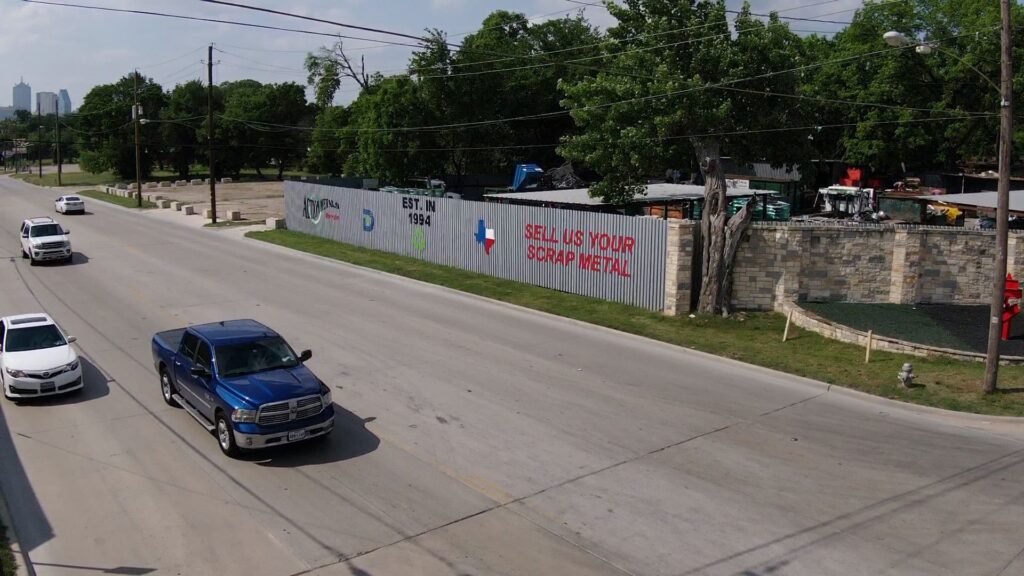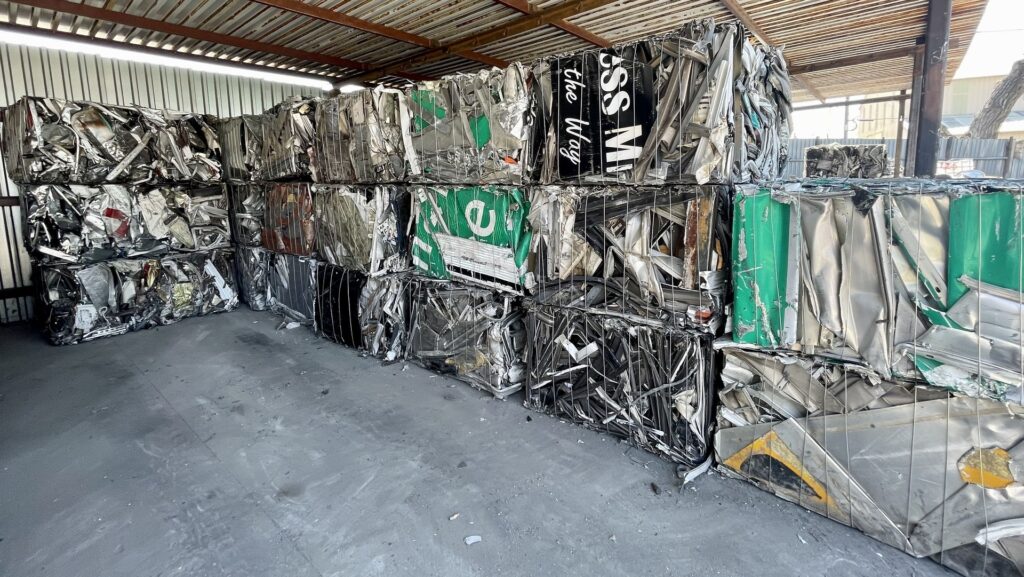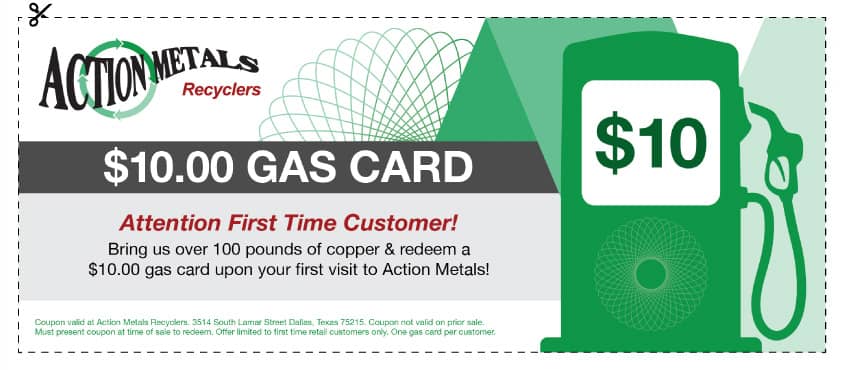To the team at Action Metals Recyclers, scrap metal recycling is just another day in life. Sometimes, we admit that it’s easy to take our daily operations in stride and remember that people and businesses that want to recycle scrap metal may have questions about our practices.
We’ve gathered a shortlist of our most common scrap metal questions to get new recyclers started. Let our answers help you make the most value out of your property’s scrap metal.
Is Scrap Metal Recycling Something the Public Can Do?
Some people wrongfully think that only construction sites and major corporations can utilize scrap metal recycling programs. However, facilities like Action Metals Recyclers are, in fact, open to the public for recycling practices.
Regardless of the number of metals you may have to recycle, it’s in your best interest to practice scrap metal recycling.
Aside from earning cash for your metals, recycling:
- Saves natural resources
- Prevents landfill overflow
- Decreases pollution
- Helps out the overall economy
How Much Can People Make From Scrap Metal?
While it’s difficult to determine just how much anyone can make from scrap metal at any time, we can say which metals generate the most income for customers that recycle their scraps.
Copper, aluminum, brass, lead, and stainless steel can all give recyclers an excellent return on their investment. Keep in mind that prices of scrap metals fluctuate based on supply and demand. So, knowing where the market is before you scrap can be beneficial to your efforts.
What Metals Cannot Be Scrapped?
At Action Metals Recyclers, we accept most scrap collections, but there are definitely materials that we simply cannot legally accept.
Two metals that we can’t accept are rarely touched by the average person (Uranium, Plutonium) However, we do have a list of the metals that a person can’t recycle at a facility:
- Scrap metals contaminated with asbestos
- Refrigerants
- Public property metals (i.e. manholes, street signs, etc.)
What’s the Difference Between Ferrous and Non-Ferrous Metals?
Ferrous metals and non-ferrous metals are terms that are constantly used throughout the recycling process. Knowing the difference between the two can help a new recycler accurately estimate the value of their scrap metal haul.
Ferrous Metals
Ferrous metals are metals that contain properties like iron and stainless steel. They have magnetic capabilities but are most known for their strength and use throughout building construction, railway construction, tools, fences, and gates.
Non-Ferrous Metals
Non-Ferrous metals don’t contain iron and are generally lighter and more pliable than ferrous metals. Non-Ferrous metals can be found everywhere from copper piping to food cans, and automobile parts. Non-Ferrous metals are also typically more valuable when sold to a recycling company.
What if I Have a Large Quantity of Scrap Metal?
If you have a property with a large amount of scrap metal laying around, recycling with Action Metals Recyclers is the best option for an effective process that accurately determines a maximum payment for your scraps.
Our state-of-the-art equipment from magnetic attachments to hydraulic shears and accurate, certified scales, guarantee a safe recycling process that keeps even the largest amounts of scrap metal out of landfills and prepares them best for future industrial use.
Make the Most of Your Scrap Metal Recycling at Action Metals Recyclers
If you’re ready to start recycling scrap metal but still have questions that go beyond our common starter questions, the team at Action Metals Recyclers is always ready to help.
Our secure recycling center is located in Dallas and is open to the public 7 days a week. We are always ready to welcome new customers and pay them top dollar for their scrap metals.
Contact us today to schedule your next drop-off or pickup.








